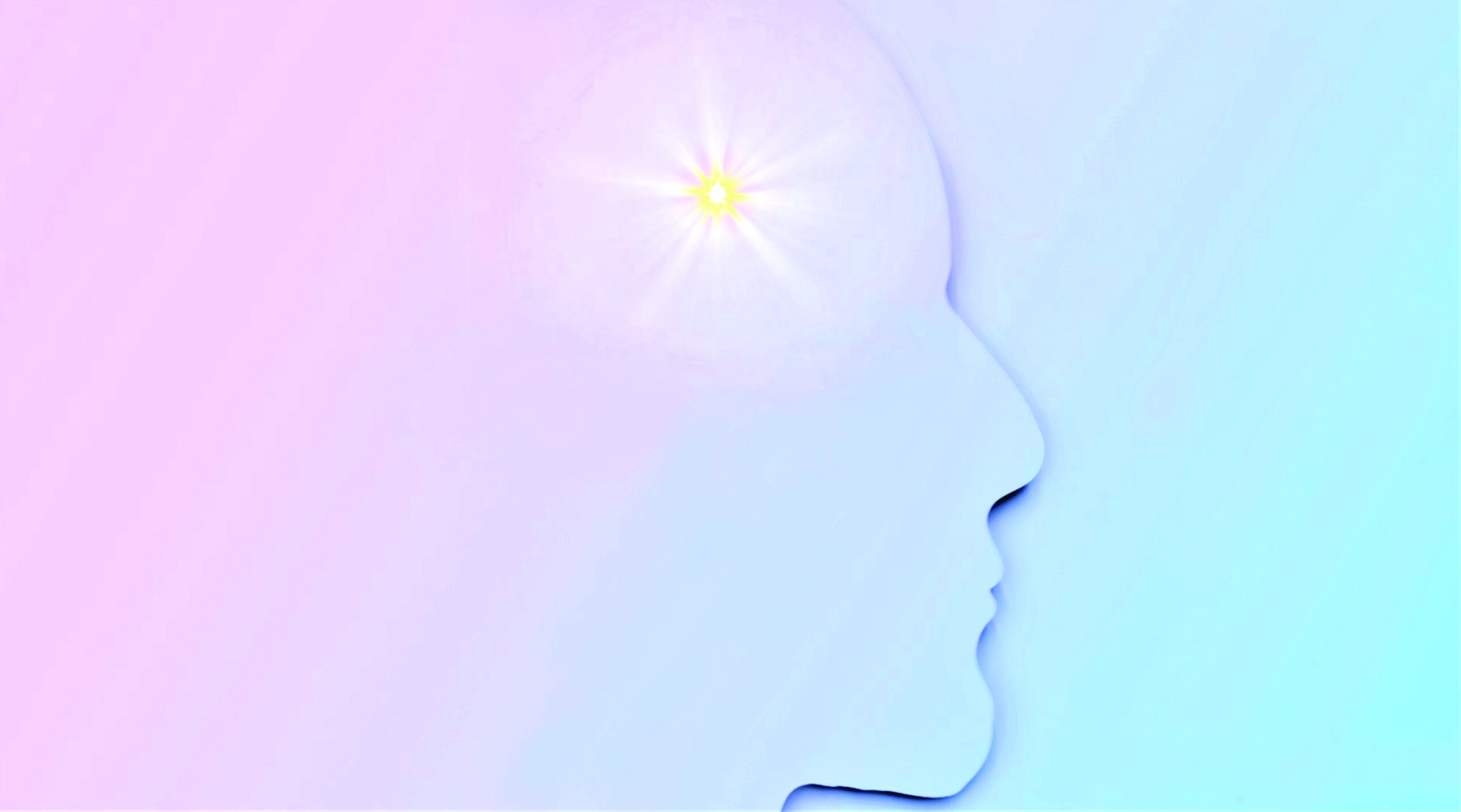Our natural inclination is to see the world from a materialistic point of view. But when consciousness is brought into the picture, we gain a new and enlightening perspective. Consciousness is usually sought to be understood as a physical phenomenon, in terms of its relation to the body and the brain. But this approach is illogical and cannot accurately explain the truth beyond a point because that which is non-physical or metaphysical cannot be correctly known from the physical point of view. Consciousness can be understood only through consciousness, or direct personal experience.
The entity having this personal experience is the soul, the sentient being which brings life to the body made up of inanimate matter. The atoms that constitute the body are fundamental components of matter, and while they interact with each other through physical and chemical processes, they lack the characteristics typically associated with living beings, such as awareness and intent.
The soul is a subtle, tiny, sentient point of light. Tiny here means smaller than the smallest particle – the soul cannot be seen or measured under a microscope, because it is a metaphysical entity. The soul is immortal and indivisible. Life begins when the soul enters a foetus in a mother’s womb. When the soul leaves, the body dies.
In the body, the soul resides in the brain, near the hypothalamus, which plays a key role in essential bodily functions, including temperature regulation, hormone regulation, and maintaining a stable internal environment despite external changes. It is from here that the soul controls the body and expresses itself through it.
The soul has three subtle faculties – the mind, which thinks; the intellect, which analyses, discerns, and makes decisions; and latent tendencies or habits, which are called ‘sanskars’ in some Indian languages. Each soul is unique in its capabilities, which may vary over time.
The first and foremost quality of the soul is that it is sentient. Apart from thinking, it can imagine, dream, and rewind recorded memories. Emotions are experienced by the soul, not the body.
The soul uses the body to perform various tasks, many of them consciously and deliberately, and others involuntarily. It is the soul who sees, hears, tastes, smells, and senses through the sense organs. Tiredness and sleepiness are experienced by the soul, which can then withdraw from physical sensations and rest in sleep. During sleep, the soul ‘sees’ dreams with the mind’s eye. The soul remembers or forgets facts and experiences.
Willpower, attitude, and intelligence are all attributes of the soul. Underlying these are the soul’s seven basic virtues: truth, peace, love, purity, strength, joy, and bliss. These traits foster other desirable qualities like compassion, generosity, and sweetness. A person is in a good frame of mind as long as the basic virtues are maintained. When the soul moves away from its natural qualities, vices such as lust, anger, and greed arise. They, in turn, breed negative traits like dishonesty, jealousy, and hatred.
It is to be noted that the above are all characteristics of a sentient being; none of them can be the attribute of a merely physical entity, be it the brain or any other part of the body. What does that tell us about who we are – a collection of atoms and cells, or something more?
B.K. Girish, an engineer by profession, has been a student of Rajyoga with the Brahma Kumaris for 40 years. After working in various IT companies, he now devotes his time to spiritual service, including scripting short films on spiritual subjects.























